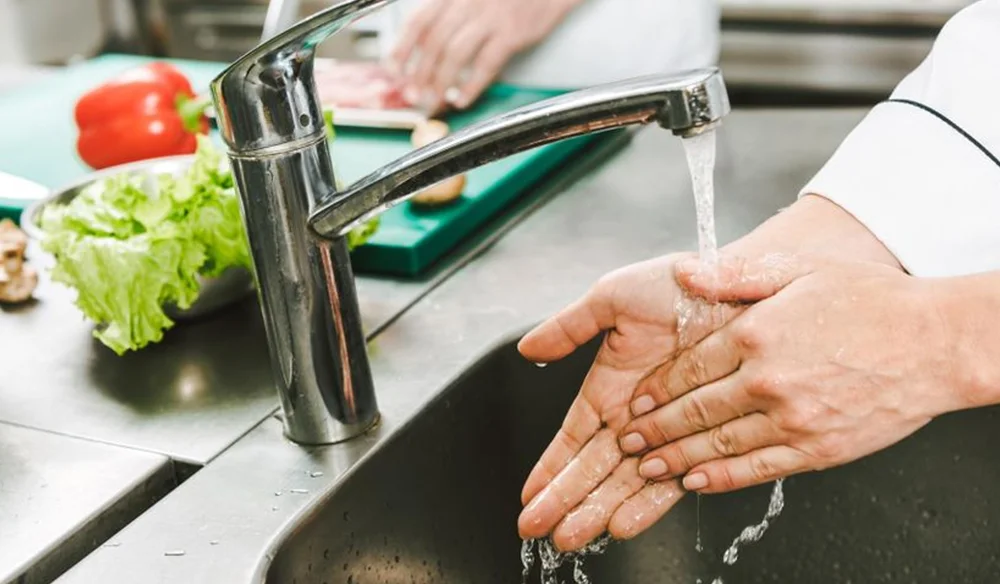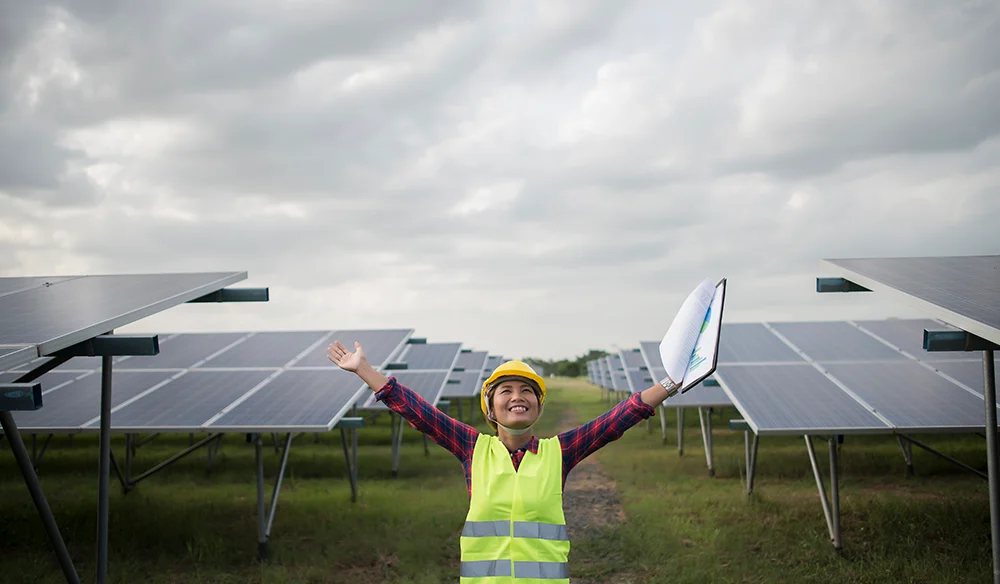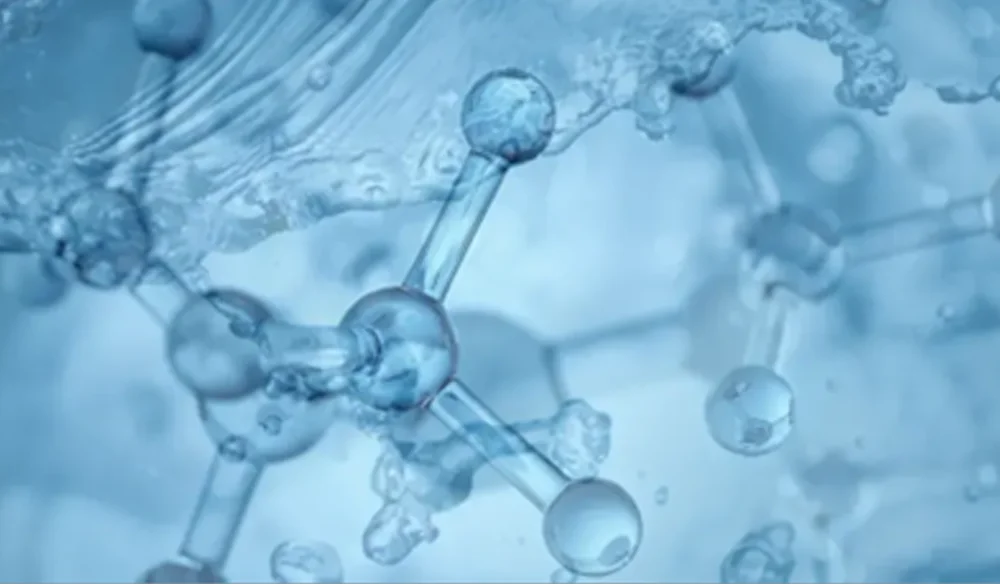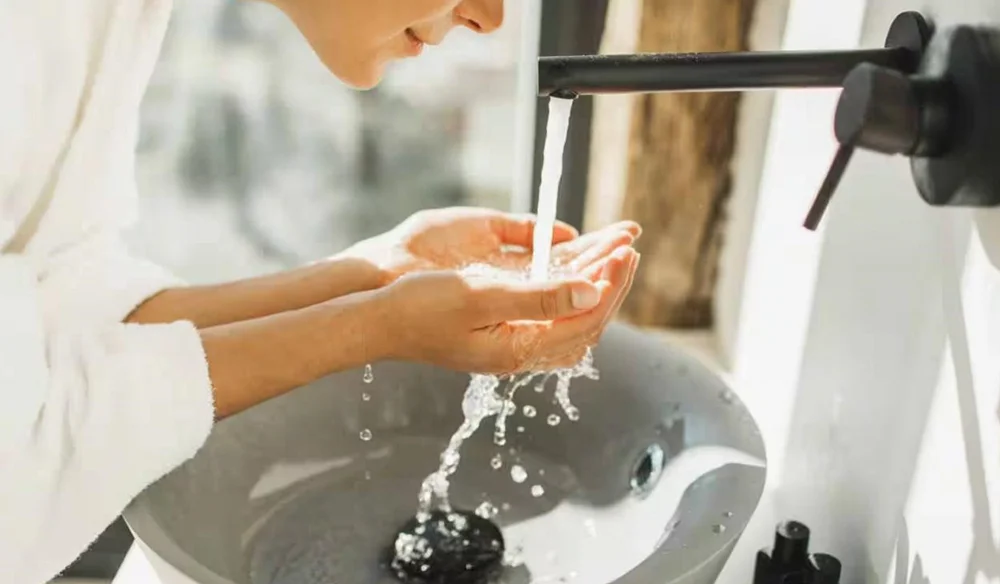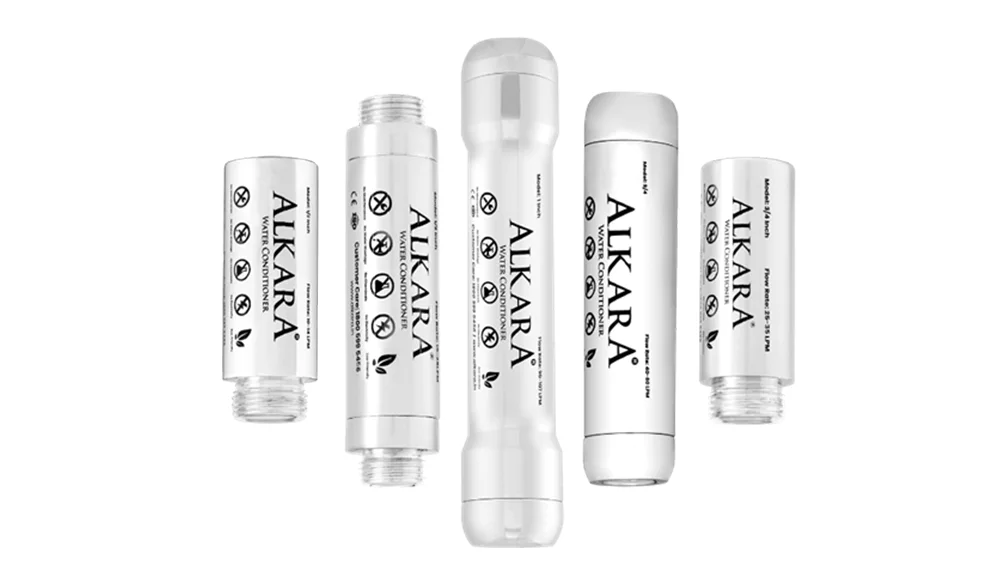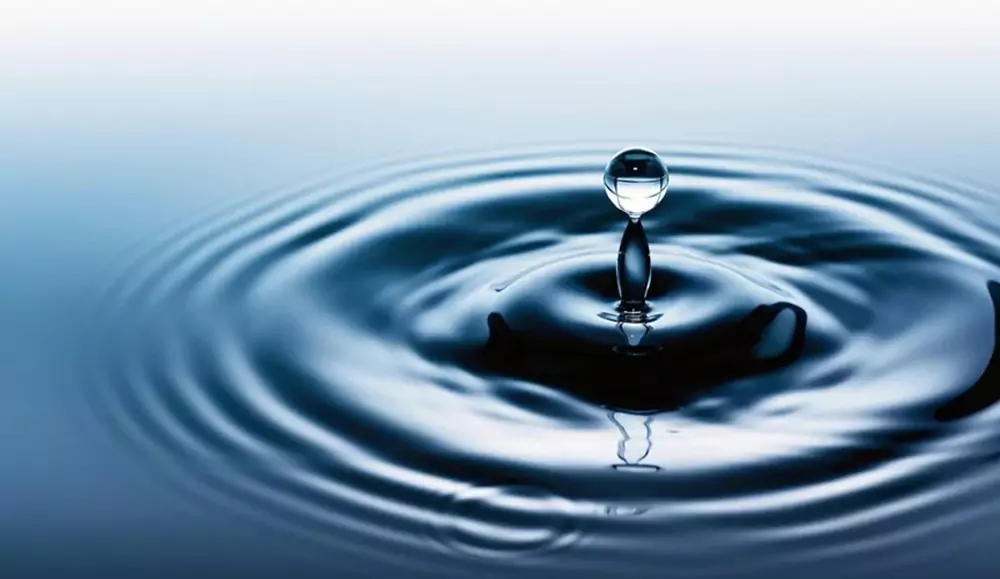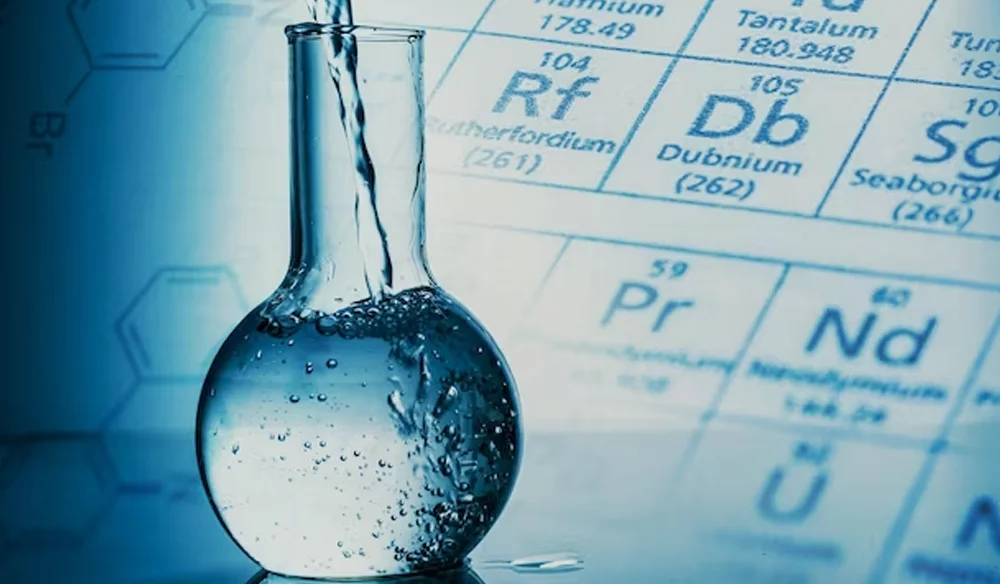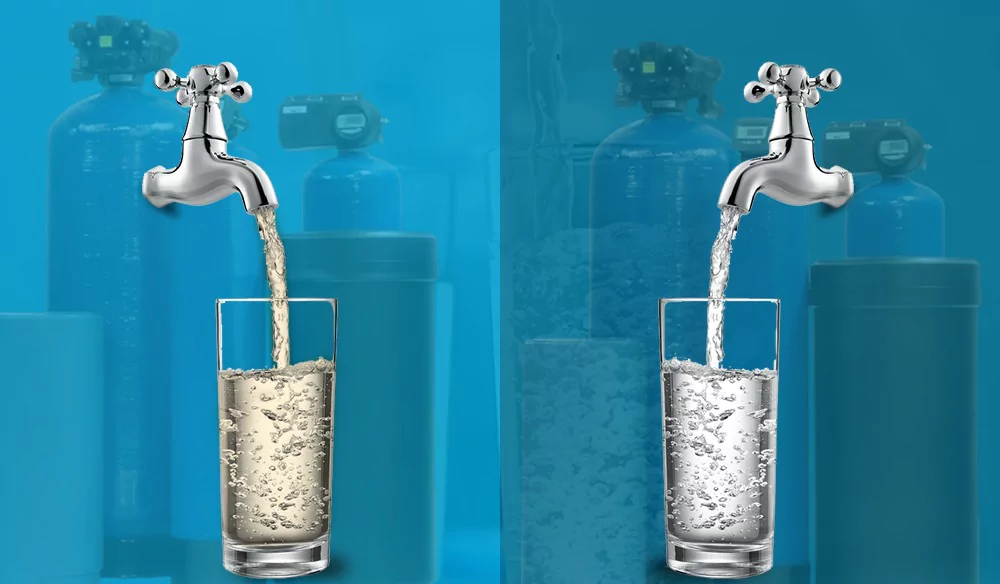
Unveiling the Wonders of Water Softeners: Transforming Hard Water Woes into Soft Solutions
08 Jan 2024Introduction:
Water is an essential element for our daily lives, but not all water is created equal. Many households grapple with the challenges posed by hard water, characterized by high mineral content, primarily calcium and magnesium. The solution to this prevalent issue comes in the form of water softeners. In this blog, we'll delve into the fascinating world of water softeners, exploring what they are, how they work, and the myriad benefits they bring to homes.
Understanding Hard Water:
Before delving into the realm of water softeners, it's crucial to comprehend the concept of hard water. Hard water is rich in minerals, mainly calcium and magnesium, which it acquires as it percolates through deposits of limestone and chalk. While these minerals are not harmful to human health, they can wreak havoc on household appliances, plumbing systems, and even our skin and hair.
The Role of Water Softeners:
Water softeners are ingenious devices designed to combat the adverse effects of hard water. These systems work by employing a process called ion exchange. The primary component of a water softener is a resin tank filled with small resin beads that carry a negative charge. As hard water flows through the resin tank, the calcium and magnesium ions in the water are attracted to the negatively charged resin beads, displacing sodium ions attached to the beads in the process. The result is softened water, free from the damaging effects of excessive minerals.
Benefits of Water Softeners:
- Extended Appliance Lifespan:
Hard water can lead to the buildup of mineral deposits in appliances like dishwashers, washing machines, and water heaters, reducing their efficiency and lifespan. Water softeners help prevent this by eliminating the minerals responsible for such deposits.
- Reduced Energy Consumption:
Appliances working with soft water are more energy-efficient. Softened water requires less energy to heat, contributing to lower energy bills over time.
- Healthier Skin and Hair:
Hard water can be harsh on the skin and hair, leading to dryness and irritation. Softened water is gentler, leaving your skin feeling smoother and your hair softer.
- Efficient Cleaning:
Soft water enhances the effectiveness of soaps and detergents, allowing for better lathering and improved cleaning performance. This can result in reduced usage of cleaning products and overall cost savings.
- Preservation of Plumbing Systems:
The accumulation of mineral deposits in pipes and plumbing fixtures can lead to clogs and reduced water flow. Water softeners prevent such issues, preserving the integrity of your plumbing system.
Conclusion:
Water softeners are silent heroes, working tirelessly to transform hard water challenges into soft, manageable solutions. Investing in a water softener is not just about improving water quality; it's a strategic move to protect your appliances, save on energy costs, and enhance the overall well-being of your household. As we continue to prioritize healthy living and sustainable practices, the role of water softeners becomes increasingly vital in ensuring that the water we use is not just abundant but also beneficial to our homes and daily lives.
Recent Blogs
